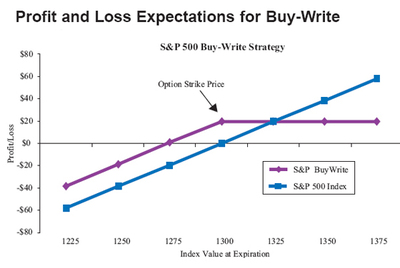Summer music festivals go posh, report from Europe, via WSJ:
Summer rock music festivals, long the preserve of teens and twentysomethings, are increasingly becoming familiar territory for a generation that still remembers the hits of the 1970s and '80s even as it keeps up with current stars. Concert promoters are starting to cater to the needs of this older crowd of festival-goers, many of whom are looking for something more than mosh pits, fast food and porta-potties -- and who can afford multiday tickets costing between €150 and €250.
"They still want to experience the buzz of the festival, they still want to have the excitement of the festival, but they don't want to sleep in a two-person tent anymore," says Melvin Benn, managing director of Festival Republic, which promotes the Leeds, Reading and Glastonbury festivals in the U.K. "They don't want to rough it in quite the same way."
A Grown-Up's Guide To Summer Rock Festivals
By GABRIELE STEINHAUSER, 2008 July 10
An opposing take says concerts are offering cheap tickets as they have difficulty filling venues-- Barry Ritholtz / Big Picture in 2008; and in 2005.
Electric Picnic ( Filthy Lucre ?)
Aug. 29-31, Stradbally, Ireland
How much: Family camping ticket for 2 adults and as many as four children €480
Who: The Sex Pistols, Franz Ferdinand, Sigur Rós
Another boutique festival with 76 live acts, saunas and a healing area offering 18 different therapies, from Thai massages to tarot reading.
www.electricpicnic.ie

